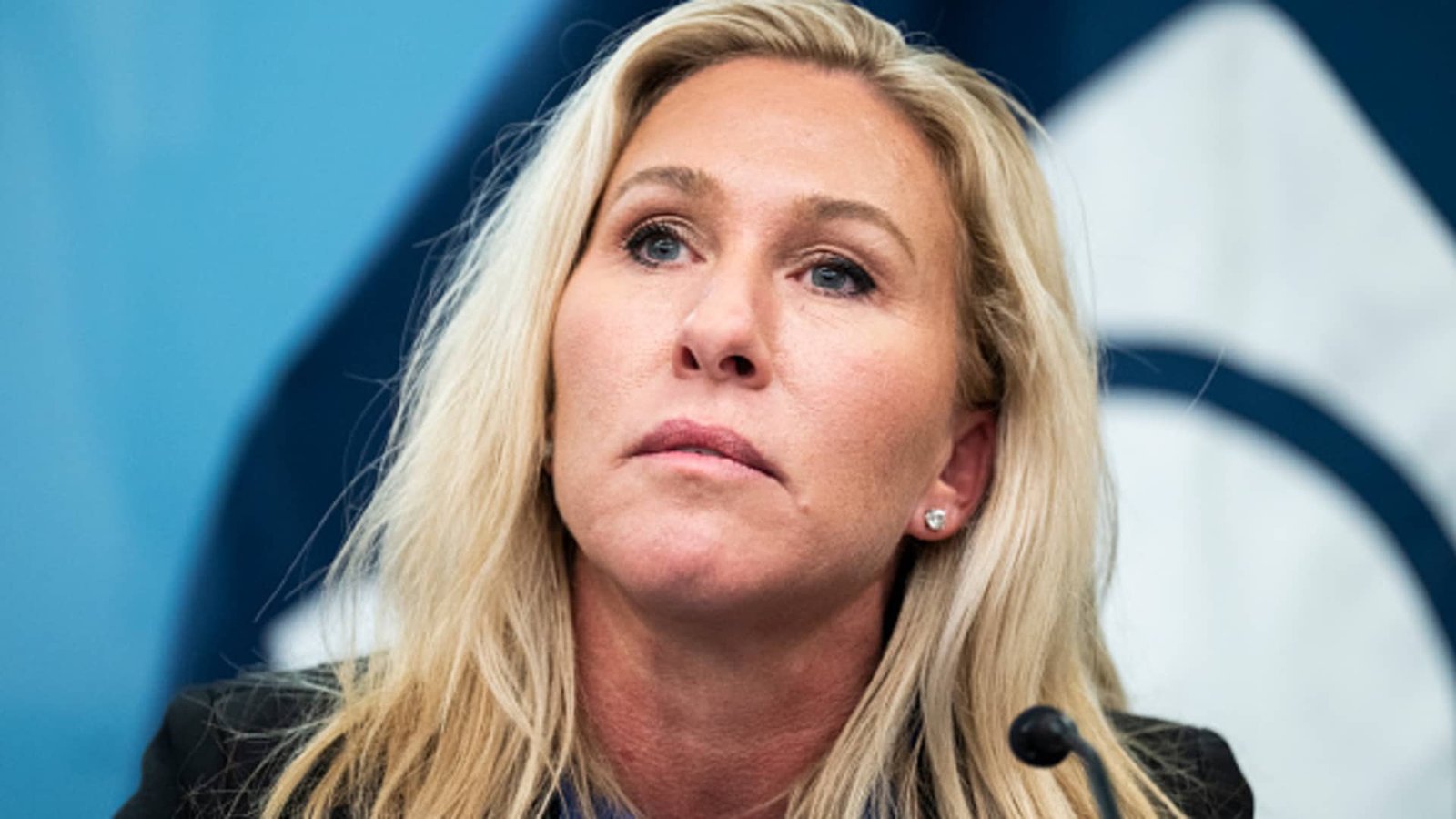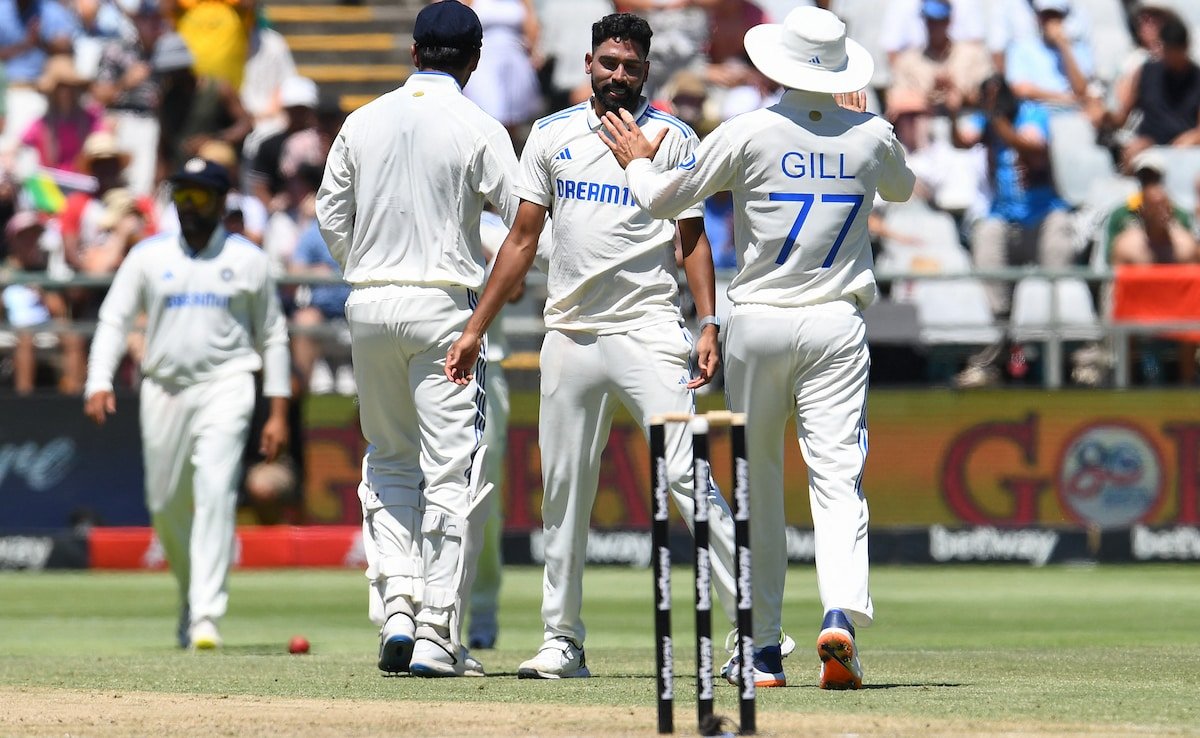Gurdeep Lal flips through a small booklet issued to him in 2015 by the Haryana Building and Other Construction Workers Board, which lists 22 welfare schemes aimed at providing for every eventuality in life and also death. In the nine years that he has been enrolled with the programme, he laments, he has not been able to access any of these schemes.
Mr. Lal, 39, belongs to the Baazigar community and runs a grocery store in Chapra village in Haryana’s Shahbad Assembly constituency. As a Scheduled Caste voter, he has emerged as a prime target for the major political parties in the State’s upcoming election.
He runs his finger through the promises of financial support listed in the schemes: ₹51,000 for wedding function of girls; ₹3,000 to purchase a cycle; ₹3,500 to buy a sewing machine; and ₹15,000 to the family of a deceased registered worker to help them conduct his last rites. He recounts the multiple rounds he has made and the piles of paperwork he had to furnish to avail the scheme for buying a bicycle. In the end, he gave up. “It wasn’t worth losing so many days of work,” Mr. Lal says.
A grain market at Karnal district, Haryana
| Photo Credit:
Sabika Syed
Echoing him, many others standing around also recount similar episodes. “The poor get caught up in the paperwork. We get nothing,” Mr. Lal adds.
Call for change
The average Dalit voter chasing papers to meet the eligibility criteria for various State and Central social welfare schemes has little patience for politics. The Parivaar Pechchaan Patra or Family ID, launched with fanfare by former Chief Minister Manohar Lal Khattar, which promised seamless delivery and monitoring of welfare schemes, has left many of its prospective beneficiaries disillusioned. There is a common refrain in their litany of complaints, a chorus calling for a change.
The Congress has emerged as the dominant political force for the Jat voters in this election, while the BJP’s main electoral gambit aims to coalesce the disparate group of OBC voters and build an anti-Jat coalition. In this tussle, the 21% of the electorate that belongs to the SC communities may hold the key. As the polling date nears in Haryana, the BJP and Congress are both vying to establish their pro-Dalit credentials.

Dire documents
Randhir Leelaram, 65, who belongs to the Chamar community at Kohaad village near Karnal, is angry. He fishes out three electricity bills from his wallet, the papers fraying at the creases. The latest is for ₹18,000. Pointing at his small plot with its paddy crop, he asks, “How can I afford to pay this?”
Banners related to upcoming election can be seen at Karnal district in Haryana.
| Photo Credit:
Sabika Syed
But this is not his first or last tryst with documents. “Today, it is the electricity bill; yesterday, it was the Family ID. We are always stuck chasing the paper,” he says. He claims that irrespective of which party comes to power, the lives of voters such as him change only marginally. “But the Congress at least did something for us. In the last ten years, our voices haven’t been heard,” he says.
Reserved seats focus
In the last few elections in Haryana, the winning side has often been decided by the party that garners the most seats reserved for SC candidates. In 2014, in the BJP’s best electoral performance in the State till date, it won nine of the 17 reserved seats, pushing its total tally to 47. In 2019, the Congress doubled its strength in the State Assembly, winning 31 seats and cornering seven of the 17 reserved constituencies.
Congress insiders claim that if this year’s general election performance, where the party won five of the ten Lok Sabha seats, is projected onto Assembly constituencies, then it can expect an edge in 11 of the 17 reserved seats.

Darshana, 45, has just stepped out after her morning shift at a house where she is employed as a domestic worker. She belongs to the Valmiki community in Mullana, a small town near Ambala, and proudly claims that she has always voted for the Congress. She is hesitant to talk politics but eager to discuss the prices of vegetables and other basic amenities. “The cost of everything is growing, but not our wages,” she says. As for her ballot, she is clear about her choice. “In the Congress era, we got jobs. My husband was hired as a sweeper by the State government. But my son has to live from one day’s wage to another,” she says.
Dalit credentials at stake
While the Congress is hoping to consolidate its gains, the BJP is running a sustained campaign to discredit them. In recent speeches, both Prime Minister Narendra Modi and Home Minister Amit Shah have attacked the Congress, labelling it as an anti-Dalit party. The Congress’s tallest Dalit leader in the State is Lok Sabha MP Kumari Selja, who has largely stayed out of the campaign in protest against her political rival and former Chief Minister Bhupinder Hooda getting a bigger say in ticket selection. This has given the BJP more ammunition to attack the Congress. In the last few days, however, the Congress has steadied its ship, with Ms. Selja sharing the stage with Mr. Hooda and Leader of Opposition Rahul Gandhi at a public meeting in Jind district on Thursday.

Dushyant Chautala’s Jannayak Janata Party (JJP) in alliance with Chandrashekhar Azad’s Azad Samaj Party (ASP), and the Indian National Lok Dal (INLD) in alliance with the Bahujan Samaj Party (BSP), are also vying for Dalit votes.
At Chamar Khera in the Indri Assembly constituency, the village entrance is festooned with both Congress and BSP buntings and posters. Village sarpanch Ram Jawari has a pragmatic approach to elections. “Both BSP and ASP have aligned themselves with Jats. These alliances are aimed at fragmenting the Dalit vote and avoiding a consolidation in the Congress’s favour. But they forget, we can’t be fooled. What is the point of voting for someone who will ensure the status quo? We want change,” Mr. Jawari asserts.
Published – September 27, 2024 08:07 pm IST






